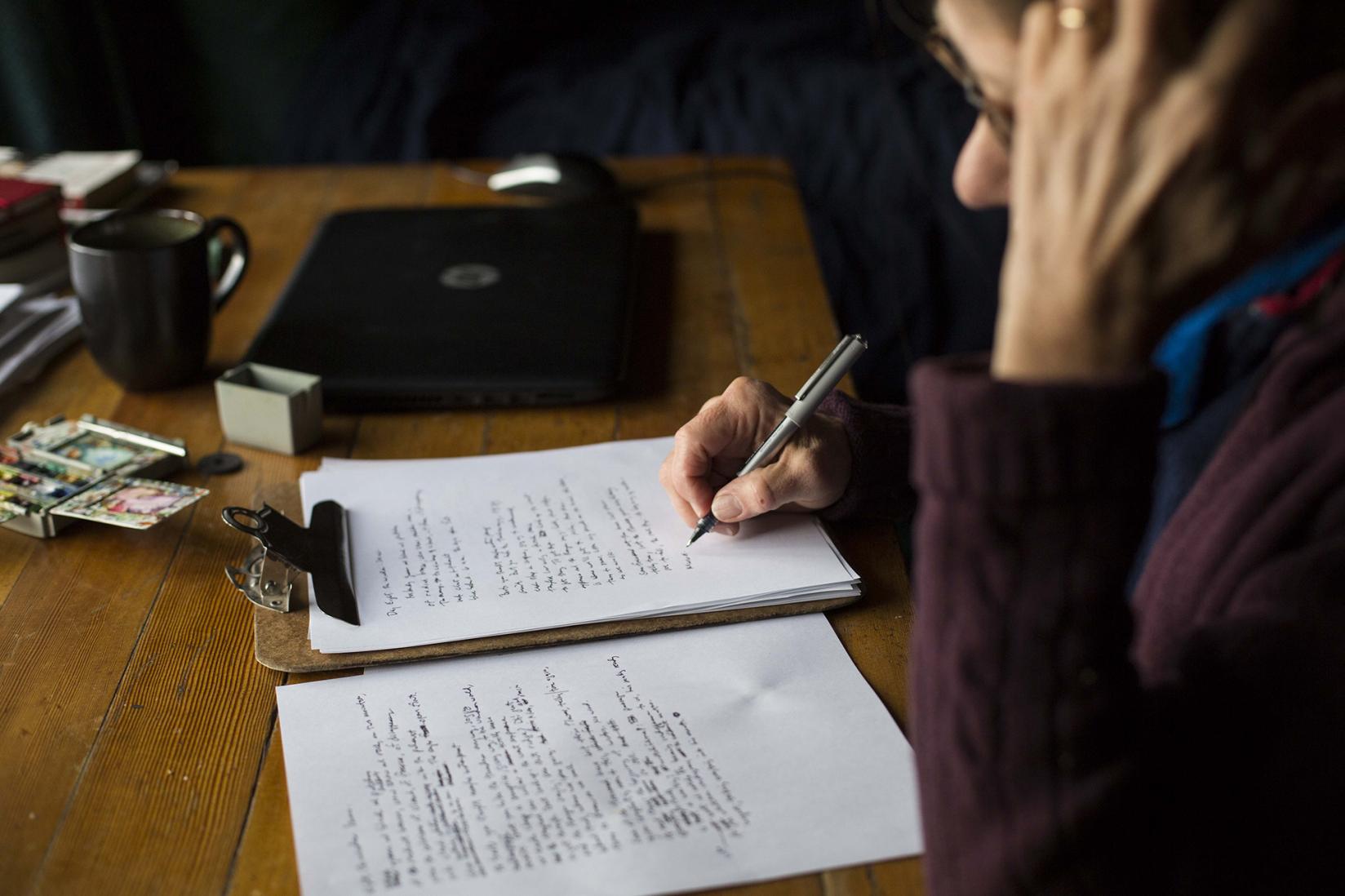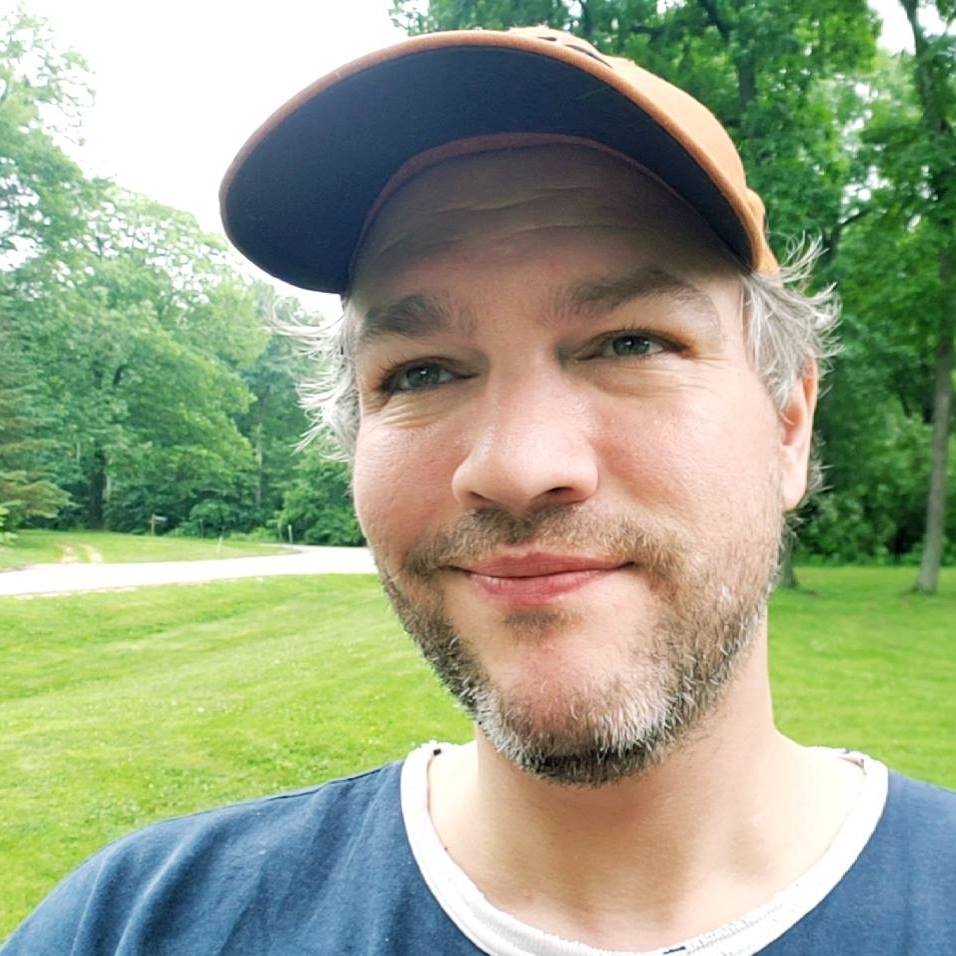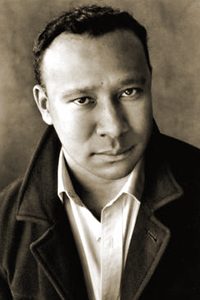Poetry faculty member Marianne Boruch recently had an essay featured on Harriet, the blog of the Poetry Foundation. Read an excerpt of “The Burning” below:

The Burning
COVID. But the sorrow doesn’t stop.
The best escapes from lockdown have meant walks in the woods. I can praise our favorite trails or new lush spots that friends in our small pod have shown us. Spring! Into summer! Time still passes. Thus those silent birds with nothing to say in March now sing out of lust for offspring or territory, first wildflowers like Bloodroot, Jack-in-the-Pulpit, Trillium come and gone, sunlight in the leafed-out trees a dappled flourish. I’ve learned new things from field guides long ignored, i.e., the diameter of the Maple out back makes it 150 years old. One foot = a half century. (Happy birthday!) For a while, I told everyone: Guess the natural world didn’t get the bad-news-Covid memo! A lovely spring, I said ad nauseam, in glad disbelief. A little coolish, my mother would’ve put it, if she still could. But I wrote that before, in a poem.
My point: Since Pliny the Elder, 70-whatever CE but even earlier, we’ve paid some attention—in poetry and beyond—to the natural world. Here’s the end of his bio: after writing the 37 books of his Naturalis Historia, the most exhaustive study we have from the Ancients, no bestiary stranger or more surreal, Pliny died near Pompeii of fumes from the fiery rain of Vesuvius. That famously food-loving genius insomniac heroically crossed the Bay of Naples in a small boat to rescue a friend in direct line of a volcanic eruption that would bury two cities. As for his Natural History, I suspect the most curious Pliny would have given a lot to add Australia to his everywhere hoard of everything. Such astonishing wildlife there, science still perplexed as to how such oddities got to that continent in the first place. (Ask the Indigenous Elders, I want to say.)
I mention Australia because I spent five months there on a Fulbright last year observing Kangaroos, Wallabies, Emus, Koalas and preparing to write my own neo-ancient/medieval bestiary. And the quirky, capable Pliny, first looker, somehow ended up in those poems as fuse and startle, a now and then forget-me-not though I didn’t fully invite him. It’s how poems work, laying claim then losing track of stumbled well-meaning starts, intention itself not worth much.
Read the full piece here: https://www.poetryfoundation.org/harriet/2020/07/the-burning











